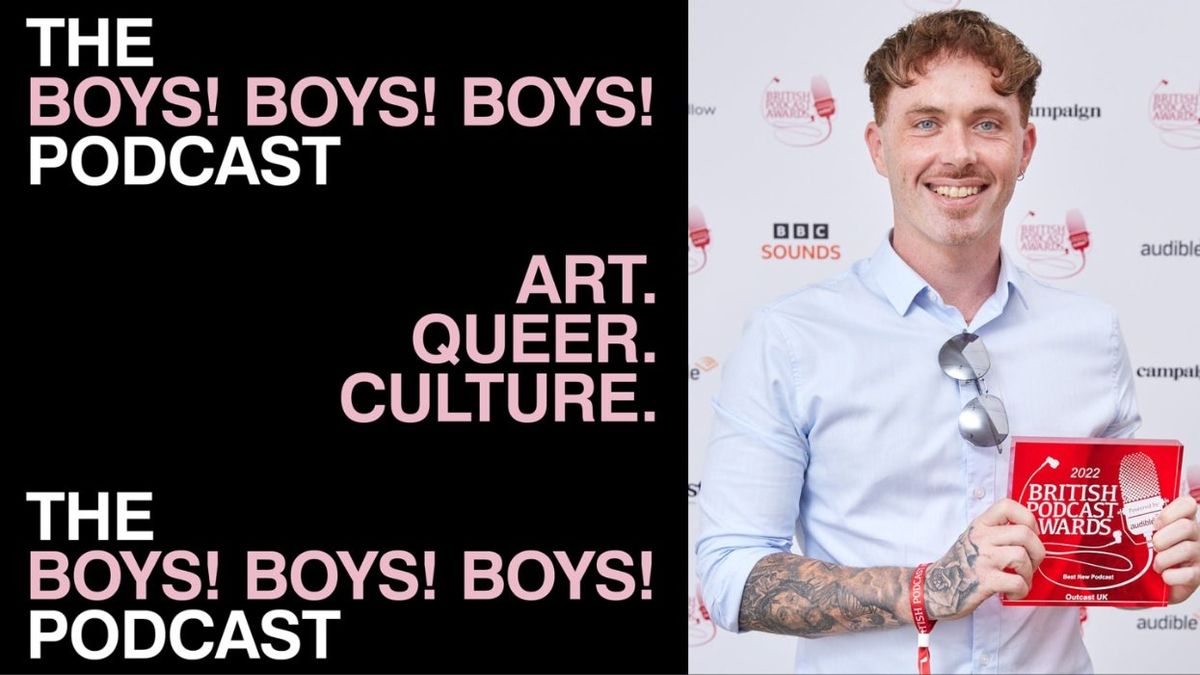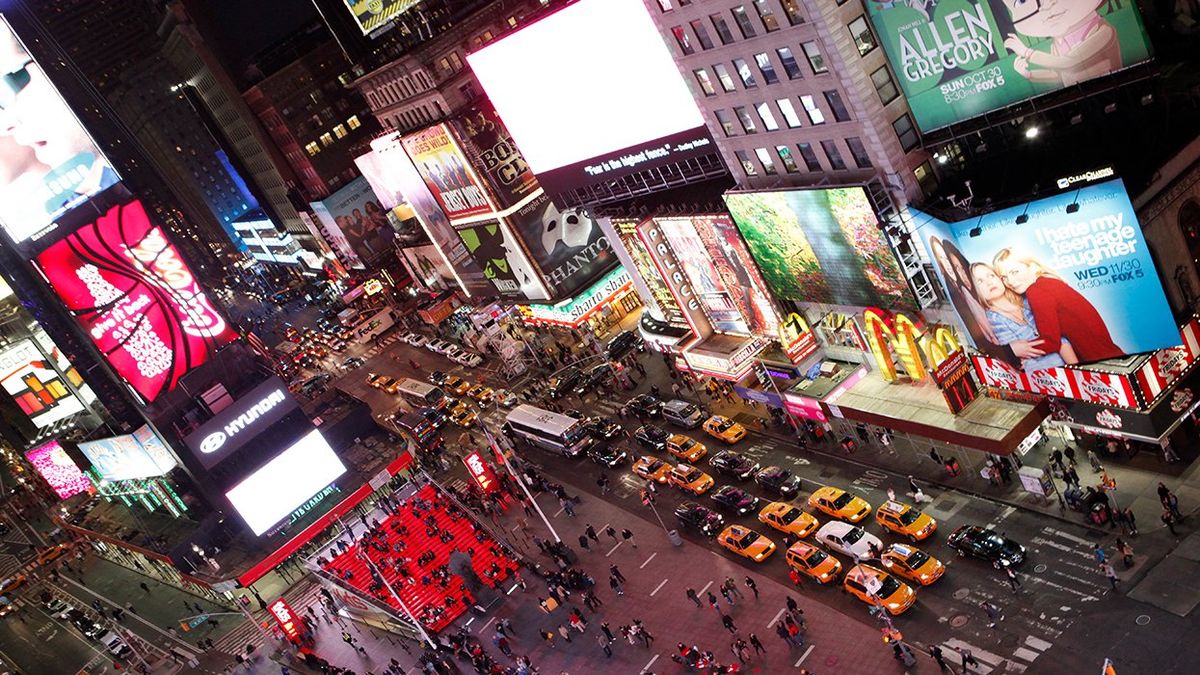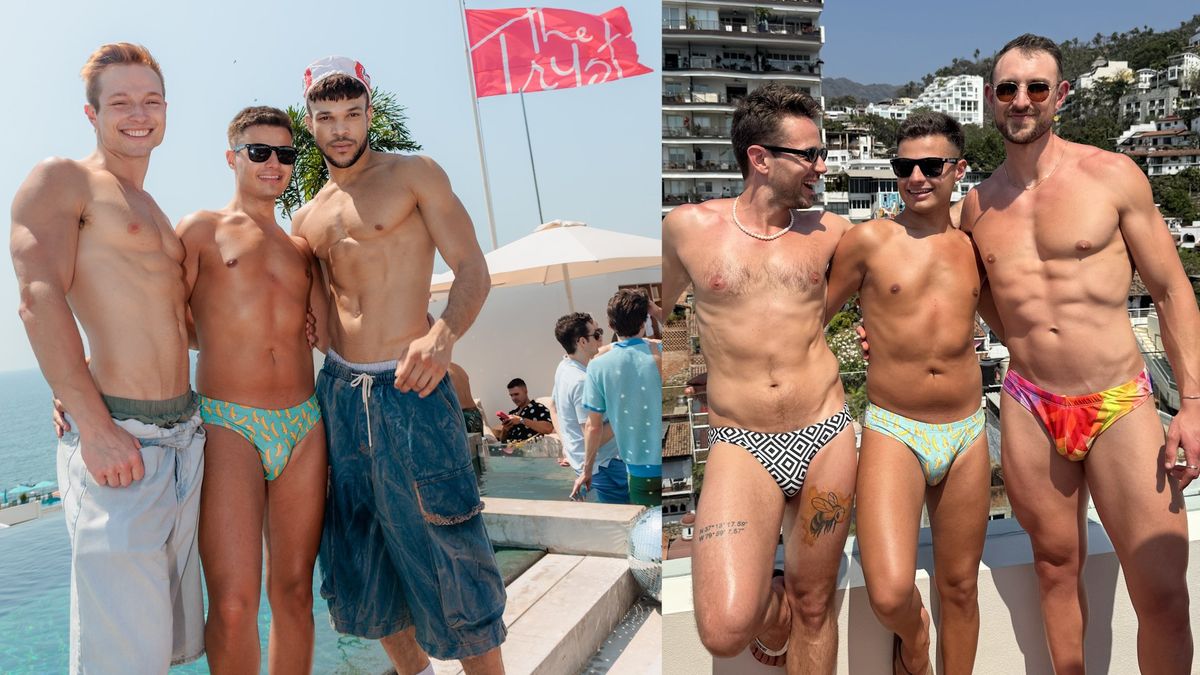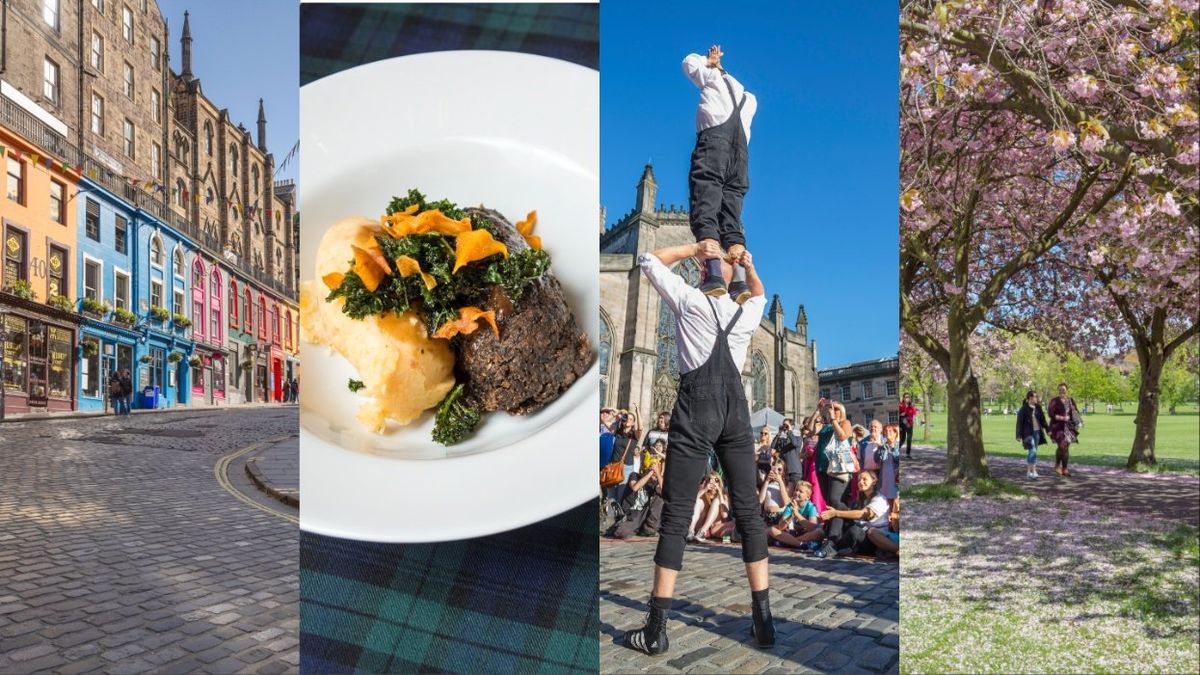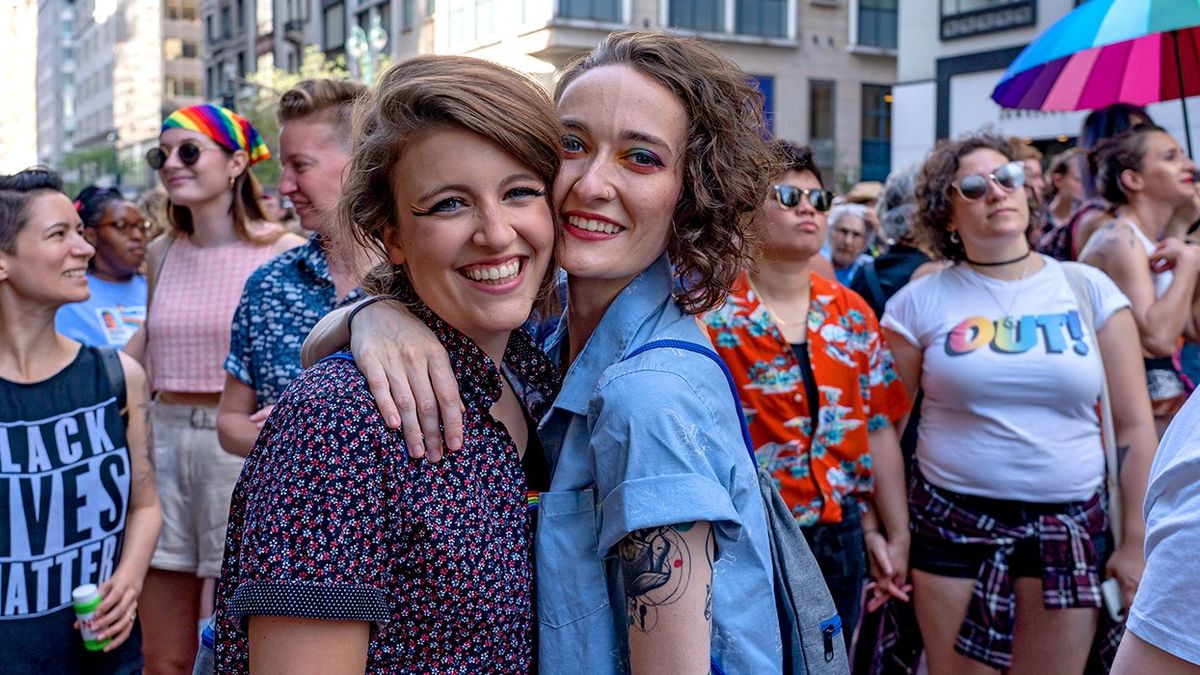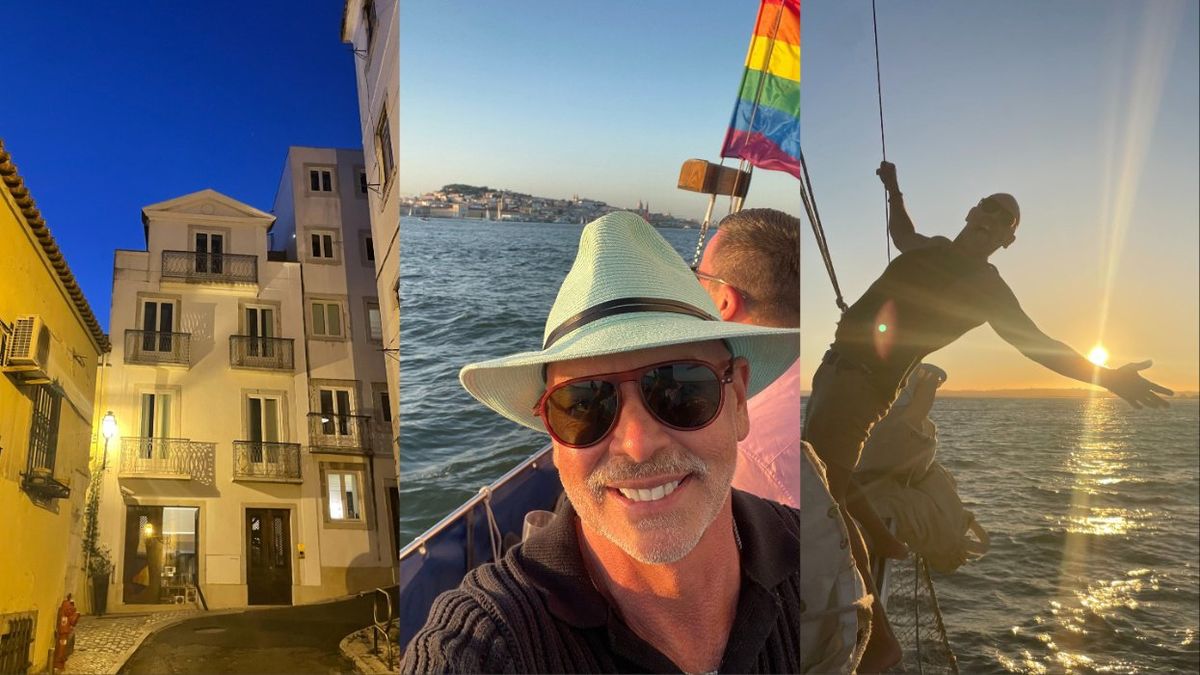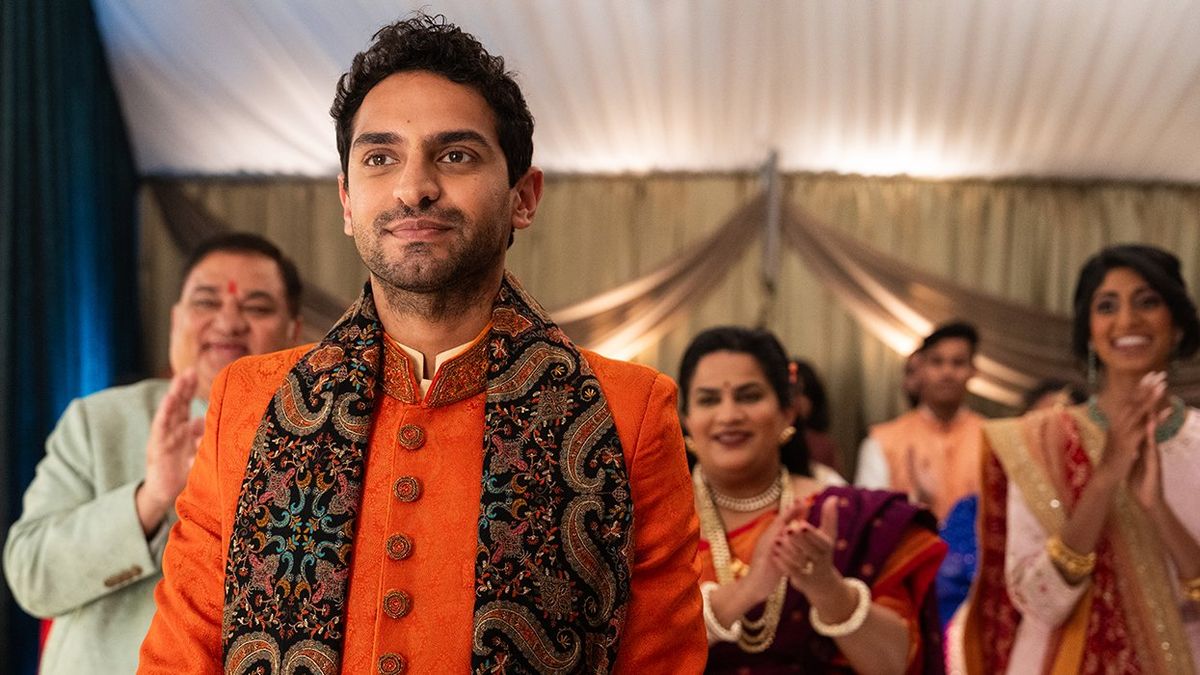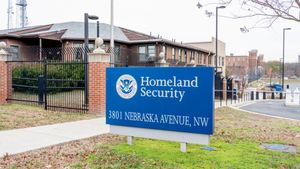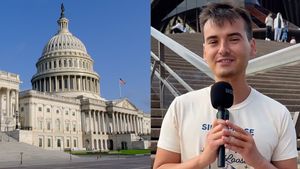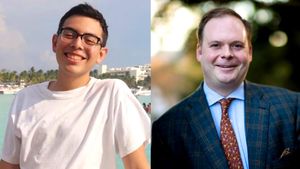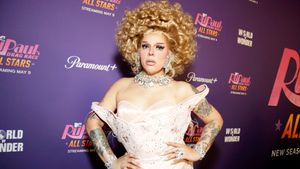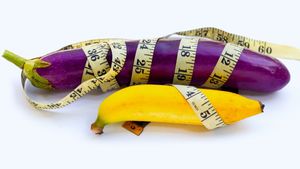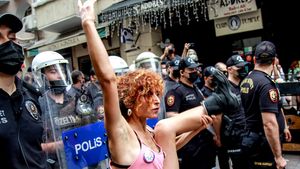Last summer, Jerusalem's embattled Gay Pride Parade—the constant target of religious groups who would like to see the celebration banned—was rocked by violence. An ultra-Orthodox Jewish extremist, Yishai Shlissel, stabbed six participants in an attack made all the more harrowing given the fact that, just a decade prior, he had stabbed three people at the very same event. This time, however, just three weeks after his release from prison for attempted murder at the 2005 parade, his rampage left a 16-year-old girl, Shira Banki, dead.
Condemnation was swift, and it came from across the political spectrum. The event shook Israel's LGBT community and allies. The tensions within a country internationally celebrated for its tolerance to the queer community were laid bare, and debates and discussions were waged in order to determine the best way to extend acceptance and prevent such an attack from being repeated.
Across the country, public demonstrations and rallies were held, but it was Jerusalem's historic Zion Square that served as the epicenter of the reaction to the murder. Memorials were held for Banki and, as The Times of Israel reports, it became a place where members of Israel's diverse population came together to discuss their idealogical and personal views.
From the time of British colonial rule, Zion Square has served as a site for political demonstrations and rallies. Given its importance in this most recent national debate, Jerusalem Mayor Nir Barkat has announced that the public space will undergo a complete renovation and be renamed Tolerance Square in honor of the late Banki. Banki's mother will serve as a member of the panel that will decide on the final architectural design of the space.
Shira Katz Vinkler, CEO of the organization Yerushalmim, explained to The Times:
“It became a place of coexistence. After the murder there was a feeling that we need to fix this, and we understood that it had to come from coexistence between the sectors.”




















